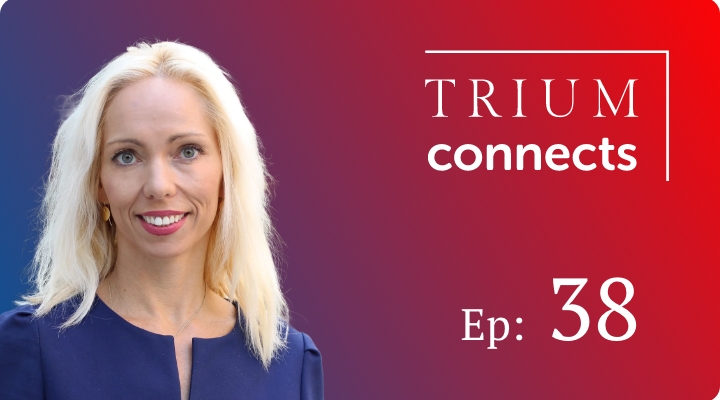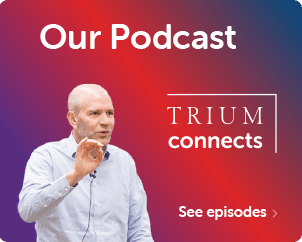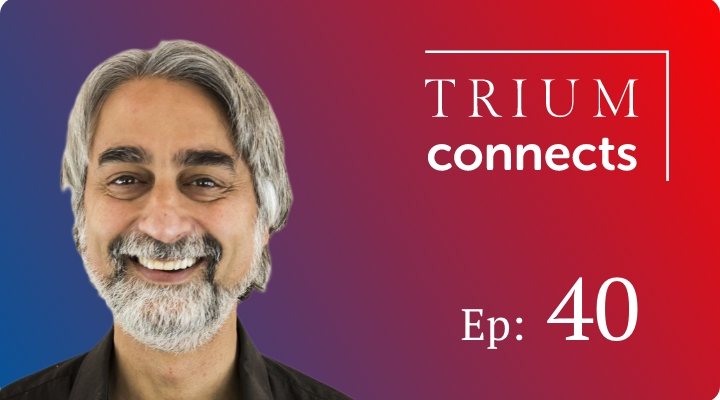
Episode overview View all podcast episodes
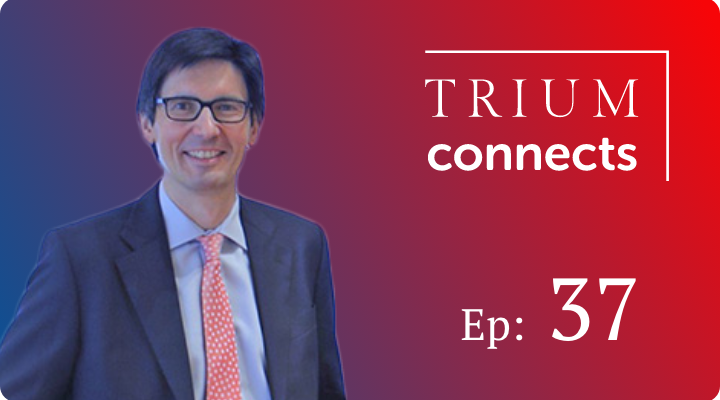
The policies in the first 100 days of the Trump administration have resulted in an extraordinary time of uncertainty and change in the way the global economy works and how it will function in the future. The shock at the speed and scope of the undermining of the current system regulating global trade is real. When we feel disorientated by our current experience of chaos, it is often helpful to try to re-anchor ourselves in putting what we are experiencing into a historical context. In this way, United States’ actions can be seen as part of a semi-predictable, oscillating pattern of the rise and fall of market forces vis-a-vis assertions of state power.
In this episode, my guest is TRIUM’s own Robert Falkner, and we discuss his and Barry Buzan’s new book, The Market in Global International Society: An English School Approach to International Political Economy.
Robert Falkner is Professor of International Relations at the London School of Economics and is the Academic Dean of the TRIUM Global EMBA. Robert has been a visiting scholar at Harvard University, Simone Veil Fellow at Ludwig-Maximilians-Universität München, and Associate Fellow of Chatham House. In addition to his role at the LSE, he is also a Distinguished Fellow of the Munk School of Global Affairs and Public Policy at the University of Toronto.
In their new book, Buzon and Falkner argue that while adopting market rules in the international system creates more wealth and power than any alternative organising principles (e.g. mercantilism), it also necessarily undermines state power and sovereignty, which inevitably leads to a reassertion of power by strong state actors. The book is an amazing combination of original theoretical understandings and a staggeringly detailed and nuanced historical account of the oscillations between market and more statist international systems.
In this episode, Robert and I discuss the evidence for this pattern and whether the challenges of climate change and technological developments – particularly AI – may mean that the cycle will end and that we are headed into something unknown and unknowable.
Other podcast episodes View all podcast episodes
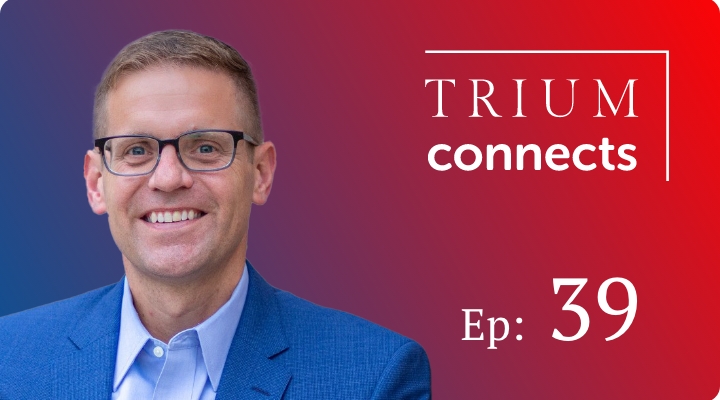
There is Definitely an ‘I’ in Team: Understanding Team Dynamics in Complex Organisations
1 October 2025
Episode overview